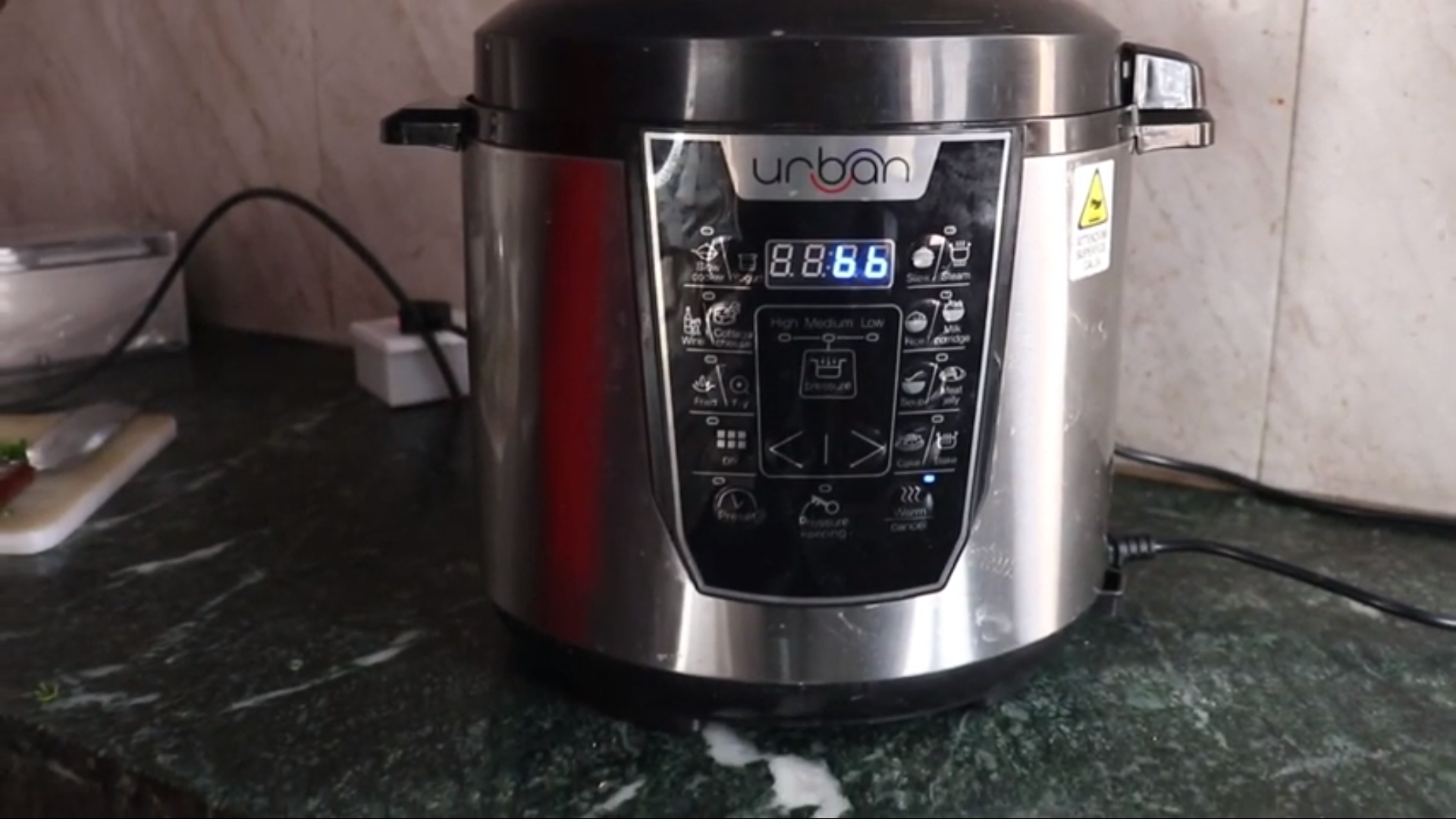
- Date
- 15th September 2021
- Categories
By Richard Sieff (Loughborough University) and Biraj Gautam (People, Energy & Environment Development Association (PEEDA)).
An overarching aim of the MECS programme is to change the narrative on clean cooking. Influencing key stakeholders and policy making towards treating clean cooking, the climate crisis, and access to modern energy as an integrated policy priority is central to this objective. The opportunity to do this at the world’s largest climate conference, COP26 UN Climate Change Conference in Glasgow this November, is thus a considerable achievement and one that will be accomplished by the Nepali NGO and MECS Electric Cooking Outreach (ECO) challenge fund awardee, People, Energy & Environment Development Association (PEEDA).
PEEDA has a long-standing relationship with the MECS programme, working together on two electric cooking projects. The first, under the MECS Technology Research for International Development (TRIID) challenge fund, assessed the potential of electric cooking potential in micro-hydropower (MHP) microgrids in rural Nepal, finding community members responded positively to cooking using electricity and that MHP systems can support electric cooking in small numbers (far more if battery supported). The second and current project under the MECS ECO challenge fund focuses on understanding the suitability of electric pressure cookers (EPCs) for the cooking practises and the electricity supply of national grid and off-grid connected communities in Nepal. The scaled-up focus of the ECO project has direct relevance to the Government of Nepal’s (GoN) own far-reaching ambitions for electric cooking, principally the aim of ensuring 25% of households use electric stoves as their primary mode of cooking by 2030 – a specific electric cooking target for Nepal’s 2020 Nationally Determined Contributions (NDCs).
These activities contributed to PEEDA being invited earlier this year by the Nepali Ministry of Forests and Environment (MoFE), the principal representatives of the GoN at COP26, to provide institutional support for the COP26 preparations. The support consists of a suite of outputs (videos, print articles, and educational training events) to showcase the GoN’s achievements and ongoing work in clean and electric cooking (as well as other sectors) towards the country’s commitments to net-zero emissions by 2050 as laid out in the Nepal Second NDC 2020 policy.
The first output, a short video entitled ‘Clean Cooking: A Path to Green, Resilient and Inclusive Development’, was published on the MoFE YouTube channel on 5th September 2021 and stresses the central role of scaling up clean and, in particular, electric cooking in assisting Nepal to contribute towards addressing the global climate crisis and facilitating sustainable development. The video highlights how electric cooking has multiple social, environmental, economic & health benefits and that PEEDA’s research, funded by MECS, has been key to building the evidence base demonstrating these advantages. Biraj Gautam, PEEDA CEO, commented: “There was no proper research into electric cooking in Nepal until MECS”.
For Biraj, PEEDA’s involvement in COP26 preparations provides a platform to advocate for greater emphasis on service and maintenance of electric cooking applainces, which will be critical for electric cooking to reach scale and has often not featured prominently in macro national rollout plans which are more appliance and infrastructure centred. Biraj comments: “Establishing a chain of repair shops and maintenance services is very important otherwise these projects may well be failing in a few years’ time”.
Also emphasised in the video are the cost effectiveness and carbon saving potential of electric cooking – particularly when powered by renewable sources – compared to cooking using wood, charcoal, or LPG; benefits which are set to increase as further domestic renewable hydropower comes online and replaces fossil fuel generated imports. The Government of Nepal views electric cooking as key to providing demand for this increased generation capacity and has developed a considerable policy enabling environment (see Ministry of Energy, Water Resources and Irrigation (MoEWRI)) White Paper and The National Planning Commission’s five-year plan (2019/20–2023/24) to support the rollout of electric cooking. This is a clear example of the synergies to be gained by integrated energy planning advocated by MECS, which have been enabled by the evidence base developed by the critical on-the-ground research activities of PEEDA and other MECS Nepal partners.
……………………………………………………………………………………..
Featured image: Electric pressure cooker. Image still taken from the PEEDA video on electric cooking.